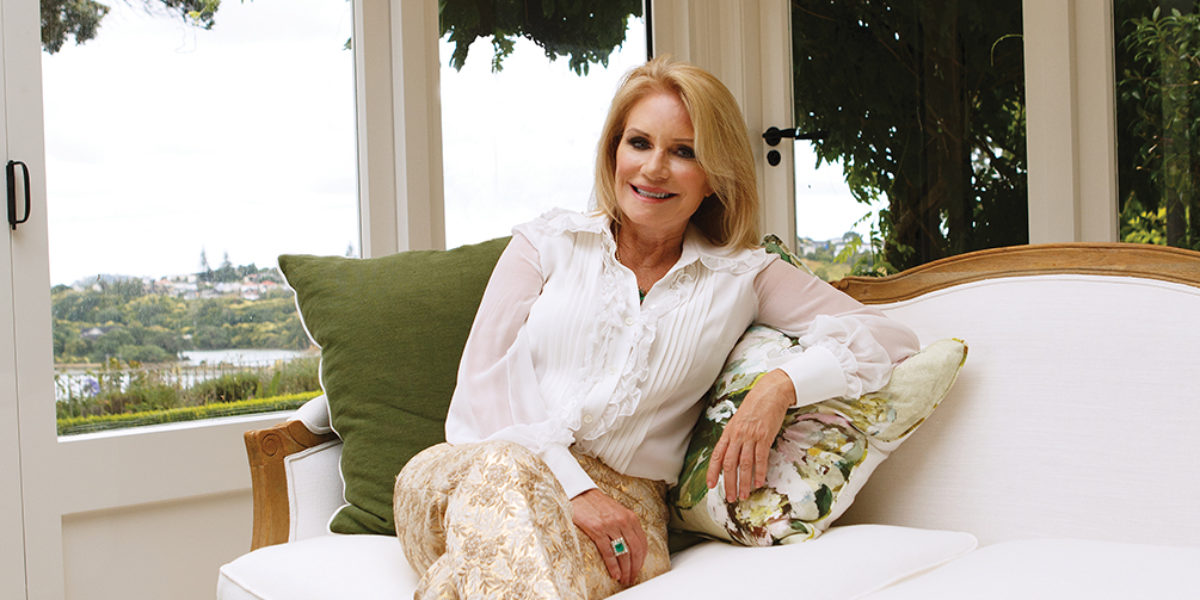Diane Foreman: Lending The Ladder Down
How Diane Foreman inspired a new generation of female entrepreneurs. As New Zealand’s original dairy queen, Diane Foreman knows just how challenging it is to be a woman in business. But after making her way to the top, the ice-cream entrepreneur is set to inspire a new generation of female business owners. From a struggling…

